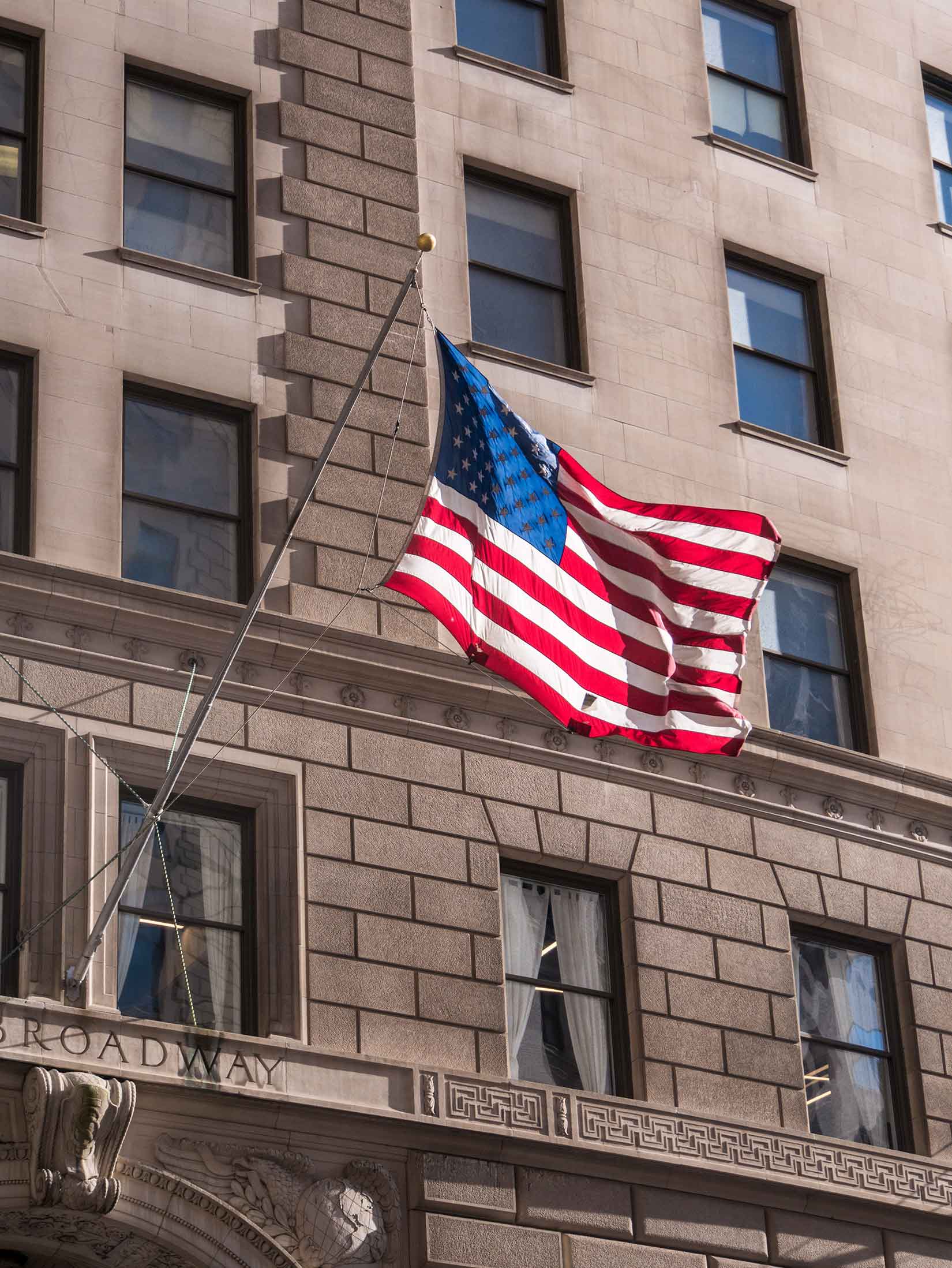Trump Inauguration Outlook
Summary
- The over-arching theme here is if the new administration’s policies are too pro-growth they can become inflationary, which could cause the Federal Reserve to keep interest rates higher for longer or even raise rates to temper inflation (much of what we saw during the Biden administration).
- Markets would likely prefer watered down versions of these policies as they provide more “certainty”. Markets LOVE certainty.
- Below are a few areas we will focus on.
Areas of Focus
Taxes
- The big unknown is if the Tax Cuts and Jobs Act (TCJA, 2017) tax cuts will be extended and to what extent. Politically, both parties would like to see this as most households would see a tax increase. We expect this to be a point on contention this year as these expire after 2025.
- We are proactively planning here for clients.
- The market could react favorably to a reduction in the corporate tax BUT this is also “stimulative” policy which could be inflationary.
Federal Spending
- This is a really big deal in our view. This is an area no politician really wants to tackle as it could be “political suicide”.
- These are the five biggest spending areas of the federal budget that make up over 80% of federal spending:
- Social Security
- Medicare/Medicaid
- Defense
- Federal Debt Payments (Principal and Interest)
- This is only set to grow as we keep borrowing and borrowing more to fund yearly federal budget deficits.
- Major reforms would need to be made in these areas to really put a dent into the overall national debt (currently over $36 trillion, this has DOUBLED over the past ten years) UNLESS taxes are significantly increased.
- Why do we bring this up?
- If the national debt continues to grow, this could naturally increase interest rates as borrowers of federal debt (treasuries) and would demand a higher rate for taking more risk.
- Are we panicking?
- No, just something we are keeping an eye out for and adjusting portfolios and tax strategy accordingly.
Tariffs/Trade Policy
- This has been a big headline.
- If tariffs are implemented, they are likely to be inflationary, again, putting pressure on interest rates.
- They could just be a negotiating tactic to get other countries to the table to renegotiate trade deals.
Immigration Reform
- Mass deportations and restrictive immigration could be inflationary as well.
- Fewer workers, lower unemployment, which could drive up wages.
- Have to see what is actually implemented here.
Deregulation
- A lot of optimism that occurred around the election revolved around this.
- The market will likely react positive if there is progress here.
Historical Perspective
- You may think that this time period in American history is new, but you can draw some parallels to prior time periods in recent American Presidential history:
- Biden Administration (2020-2024)
- In the mid to late term of Biden’s presidency he was faced with high inflation.
- Stimulative policy was proposed and ultimately shot down because it would increase inflation.
- Biden ultimately lost the 2024 election to Trump.
- Carter Administration (1976-1980)
- Very similar theme here.
- The late 1970s suffered from high inflation and low economic growth (stagflation).
- Congress and the Fed tried different approaches, but nothing really worked until Paul Volker was appointed Chair of the Fed and ultimately dramatically increased interest rates to combat inflation.
- Carter ultimately lost the 1980 election to Reagan.
- Reagan Administration (1980-1988)
- Reagan inherited high inflation and Paul Volker leading the Fed.
- There was a recession early in his presidency, but the Fed kept rates quite high to combat inflation, which wound up working the long-term.
- Reagan’s pro-growth agenda was able to pass due to this.
- Bush Administration (1988-1992)
- Bush inherited Reagan’s economy and again he dealt with a recession during his presidency.
- There was major concern that the country would not have a BALANCED BUDGET
- This is almost laughable now given that there hasn’t been a balanced budget in years.
- Bush increased taxes to balance the budget (when he promised not to) and ultimately lost the 1992 election to Clinton.
- There is also history of presidents having trouble passing their agendas because they don’t have enough support in congress.
- This has happened with virtually every recent sitting president (Biden, Trump, Obama, etc.)
- The whole point here is that many past presidents have had their respective issues with getting policy passed, tackling the national debt, good and bad relationships with the Fed, etc.
- We expect much of the same here with the Trump administration.
- Biden Administration (2020-2024)
How Does This Impact Markets?
- In our view, these policies can place upward pressure on interest rates, which the fixed income or equity market might not see favorably
- Why?
- Equities – Because higher rates lower valuation price multiples. Lower multiples mean companies are worth less.
- Fixed Income – Higher rates hurt fixed income values. The positive here is higher rates provide higher income over the long-term.
- Watered down versions of these policies would ultimately be better for markets in our view.
- Why?
What Do We Expect You To Do With This Information?
- A whole lot of nothing!!!
- Take a look at the attached piece from BlackRock (link) that shows how much a $1,000 investment in the equity market would’ve grown to over almost a 100 year period if you kept in invested. Over $17 mil!!!!!!!
- This is going through many horrible AND wonderful events as well as many different administration (Republican and Democrat).
- There is a lot of “noise” that exists in the world news wise that compels you to make terrible financial decisions.
- Time is what grows your portfolio over the long-term, not timing.
Please contact our office if you’re interested in becoming a wealth management client.
BlackRock – Stocks Have Continued Higher Regardless of Party Holding the Presidency

